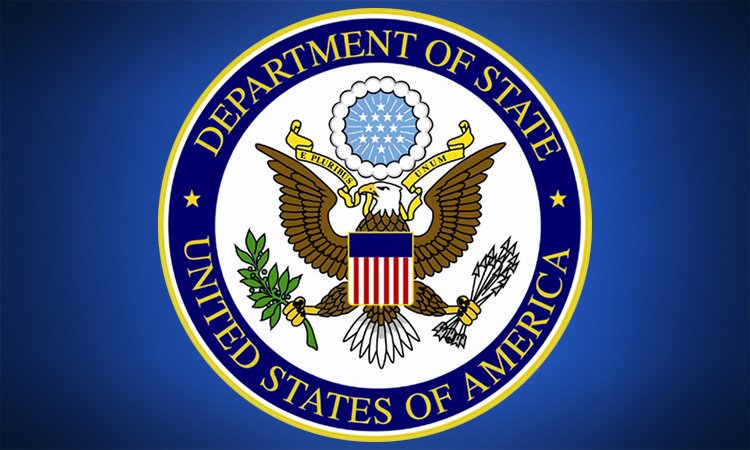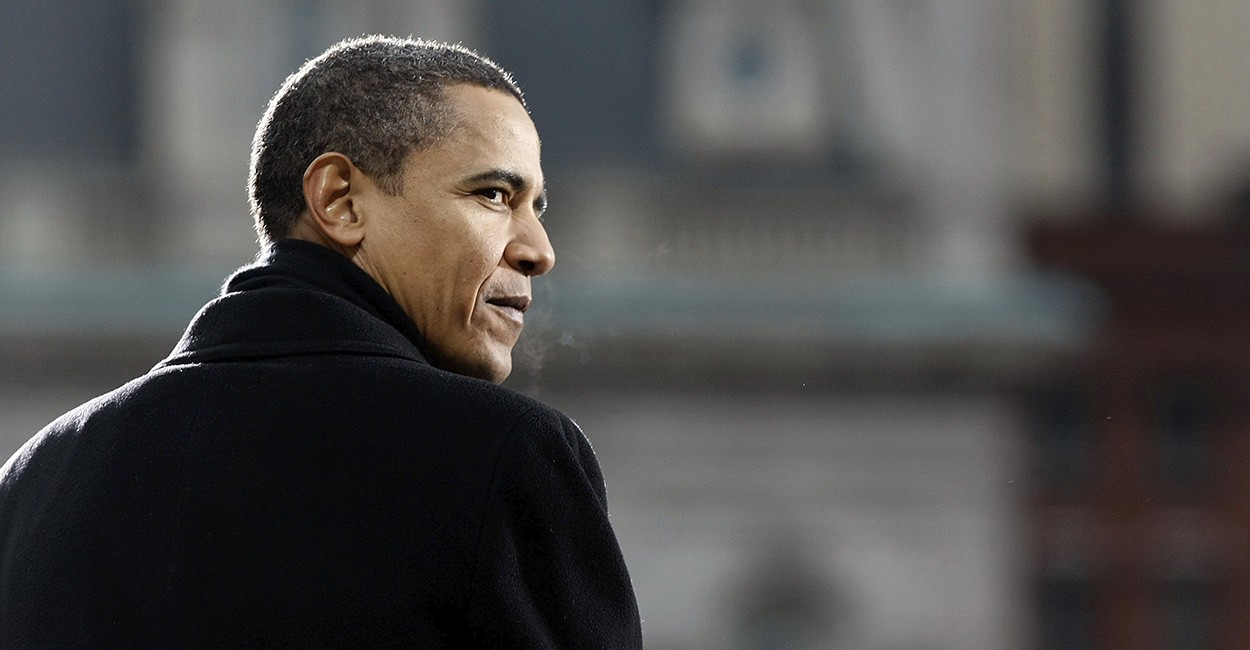
The GOP won big this past election. Beginning January of next year, Republicans will control both houses of Congress, leaving many Democrats clinging to hopes of a 2016 comeback. But Republicans were not the only ones cheering after the polls closed on Tuesday night. Four states, all of them red, just passed ballot measures to increase their minimum wages. This means that a majority of states will soon have minimum wages above the current federal level. This indicates that the vast majority of Americans, even those who lean conservative, want to see working class citizens paid more for their efforts. But as states and even cities rush to compensate their workers, the question remains whether the United States congress needs to have any role in the debate.
Year after year the results of economic studies are published, and year after year those studies come to drastically different conclusions about the effect that raising the minimum wage has on employment, purchasing power, and a host of other economic indicators. A 2012 study by the Cato Institute seems to demonstrate that raising the minimum wage generally results in higher unemployment, higher prices, and almost no change in the rate of poverty. Meanwhile, another study published just this year by the Department of Labor points to the fact that states with higher minimum wages have had better economies and more job growth than states using the lower federal rate. The Congressional Budget Office concluded that President Obama’s proposal of raising the federal minimum wage to $10.10 per hour would increase the country’s net income by $2 billion and lift 900,00 people out of poverty, but also decrease employment by about half a million people.
Ultimately, the facts are simply too ambiguous and the opinions too varied to say definitively what the impact of raising the federal minimum wage will be. Economic data is incredibly hard to sift through, and even harder to rid of bias, so it seems that both advocates and dissenters of raising the minimum wage at the federal level are operating on some degree of faith that the assumptions they make about people’s behaviors are true.
But making assumptions at the federal level is dangerous. Make no mistake; the United States is a very big place. Just as the climate is not the same in Georgia as it is in California, neither is the cost of living. Different states, and even different regions within states, have very different workforces, price levels, and industries. When the federal government says that all workers should make a minimum of $10.10 an hour, that extra $2.85 is probably helping a worker in southern Georgia a lot more than it is a worker in western California.
Communities can discern more readily the impact that a change in the minimum wage may have on their workers and businesses. Of course, communities will likely face a cocktail of pros and cons by choosing to increase or to not increase their wages, but the central point is that communities can be responsive. They are also largely homogenous areas where the cost of living and the makeup of the workforce are more likely to be consistent over periods of time. This means that states and even municipalities are the most equipped to take up the issue of a minimum wage, not Congress.
So what is Washington to do? Should Congress scrap the federal minimum wage altogether and leave the issue completely up to states and municipalities? Certainly not. A national base-line minimum wage is necessary to ensure that some of the more zealous, hyperpolarized legislative bodies across the country don’t scrap minimum wages altogether. Ultimately, the incoming Congress can do three key things that would likely benefit Democrats, Republicans, and most importantly the American people.
First, Congress needs to depoliticize the federal minimum wage. This can be done in a remarkably simple fashion: indexing the minimum wage to inflation (something that is already done in many states). This would allow the minimum wage to increase at a steady pace that would permanently separate the issue from the political process. That would mean one less issue the American people have to endure hearing Republicans and Democrats bicker over. It would also mean that entrepreneurs could rest easy knowing that their labor costs for the next year can be easily calculated instead of constantly fretting over whether their costs will increase by large sums on sporadic occasions. Republicans have suggested raising the minimum wage to $9.00, while Democrats want it to be raised to $10.10 then continue adjusting to inflation. They could easily compromise by raising the minimum to $9.00 and adjusting it to inflation.
There are some who argue that indexing the minimum wage to inflation will cause issues if inflation were to at any point run out of control. This is a valid concern, but one that can be easily addressed. Congress can cap minimum wage increases at the Federal Reserves targeted inflation rate of two and a half percent, so that any widespread inflationary bubbles don’t force businesses to raise wages by unaffordable amounts.
Secondly, if Congress wishes to raise the income of lower class workers, it should expand the earned-income tax credit. The EITC is essentially a direct payment to working Americans who earn a very low income. It is a rare example of a social welfare program that is heralded by both conservatives and liberals. Conservatives like it because it rewards work, and both liberals and conservatives applaud its ability to help those living in poverty. Many who would benefit from a higher minimum wage would be young Americans from upper-income families, and the costs of a higher minimum wage are largely bore by employers. The EITC, by contrast, ensures that only those truly in need are receiving assistance and that the cost of providing such assistance is not borne by only a select few individuals.
Finally, Congress must empower states and municipalities to take the minimum wage issue into their own hands. Congress must make it clear that a depoliticized baseline minimum wage means that it is upon states and local communities to engage the issue. This only makes since, as many parts of the country are hard to compare economically, much less equalize.
Getting states and municipalities to respond will also require a change in culture. People need to stop thinking about the minimum wage as a yes or no national issue, but as a local issue that must be tailored to local needs. No doubt some areas of the country have already begun this trend, but many other places, particularly in the southeast, have been slower to respond. Polls show that many people in these areas support raising the minimum wage, although there are disagreements as to by how much. State legislatures can grant cities the freedom to determine the wages that they see fit.
The 2014-midterm elections demonstrated that many people in the United States want to see the wages of low-income workers increased. This trend is welcome and discussion should continue in cities and states throughout the country. Congress, however, beyond perhaps enacting a small increase to its current level, should index the federal minimum wage to inflation and then exit the debate. A depoliticized federal minimum wage would bring comfort to both wage earners and business owners, and empowering municipalities to take-up the issue of the minimum wage would allow space for the economic diversity across geographic regions. There are too many other issues for Congress to fight about.

